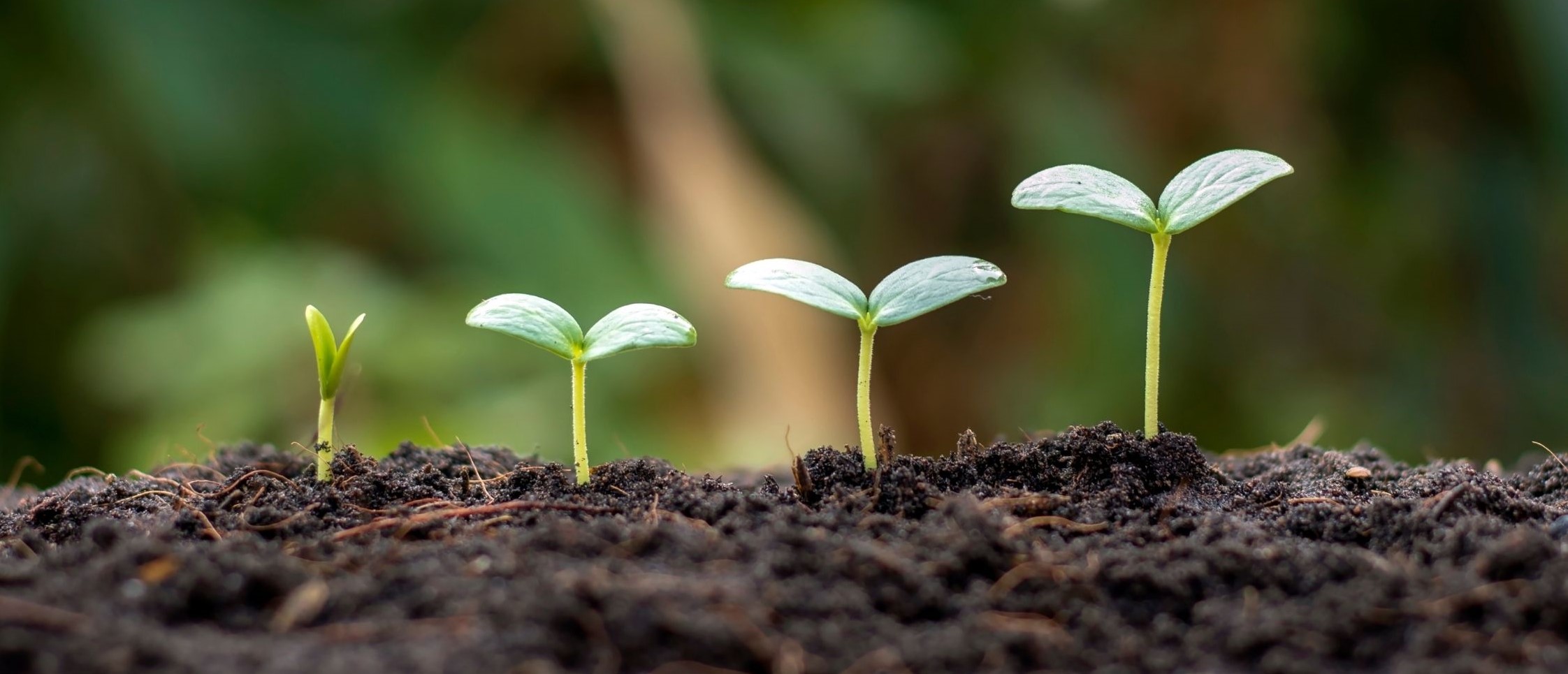
Sustainable Farming in India: How Biofertilizers Are Changing the Game
admin
- 0
Introduction to Sustainable Farming in India
Sustainable farming in India is more than an agricultural practice; it is a necessity to ensure food security, environmental conservation, and farmer welfare in the face of rapid population growth, climate change, and soil degradation. Traditional farming methods, heavily reliant on chemical fertilizers and pesticides, have had adverse effects on soil health, water quality, and biodiversity. In this context, biofertilizers have emerged as vital tools transforming Indian agriculture by promoting eco-friendly and sustainable nutrient management.
What Are Biofertilizers?
Biofertilizers are living microorganisms—bacteria, fungi, and algae—that enrich the soil by fixing atmospheric nitrogen, solubilizing phosphorus, mobilizing potassium, and decomposing organic matter. Common biofertilizers include Rhizobium, Azotobacter, Azospirillum, phosphate-solubilizing bacteria like Bacillus megaterium, mycorrhizal fungi, and cyanobacteria. These microbes exist naturally in soil but in limited populations; biofertilizers introduce effective strains to improve soil fertility biologically without harmful chemicals.
Benefits of Biofertilizers in Sustainable Farming
- Enhanced Soil Fertility: Microbes fix nitrogen directly from the atmosphere and convert unavailable nutrients into plant-accessible forms, replenishing essential nutrients naturally.
- Improved Soil Health: They increase soil organic carbon, stimulate beneficial microbial communities, and enhance soil structure and moisture retention.
- Reduced Chemical Dependency: Substituting chemical fertilizers reduces toxic runoff, groundwater contamination, and soil acidification.
- Environmental Protection: By lowering greenhouse gas emissions such as nitrous oxide from synthetic fertilizer use, biofertilizers contribute to climate change mitigation.
- Economic Benefits: Reduced fertilizer costs and improved yields enhance farmer incomes, promoting rural development.
Applications and Adoption in India
India is among the leading countries promoting biofertilizer use through government initiatives like the National Mission on Organic Agriculture, Paramparagat Krishi Vikas Yojana, and subsidies for biofertilizer production units. Farmers across diverse agro-climatic zones apply biofertilizer inoculants via seed treatment, soil application, and foliar sprays to boost productivity in legume, cereal, vegetable, and plantation crops.
Challenges and Future Outlook
Despite their benefits, challenges remain, including lack of awareness, inconsistent product quality, storage limitations, and adoption barriers. Addressing these through farmer education, quality standards, and supply chain improvement is critical. The future of Indian agriculture is poised for transformation, with biofertilizers becoming a cornerstone for organic and regenerative practices, ensuring long-term soil and food security.
Conclusion
Biofertilizers are changing the game in Indian sustainable farming by offering scientifically proven, eco-friendly nutrient solutions that restore soil health, enhance yields, and protect the environment. Divine Agro Farms proudly supports this green revolution by providing premium microbial biofertilizers and technical assistance to farmers nationwide.



